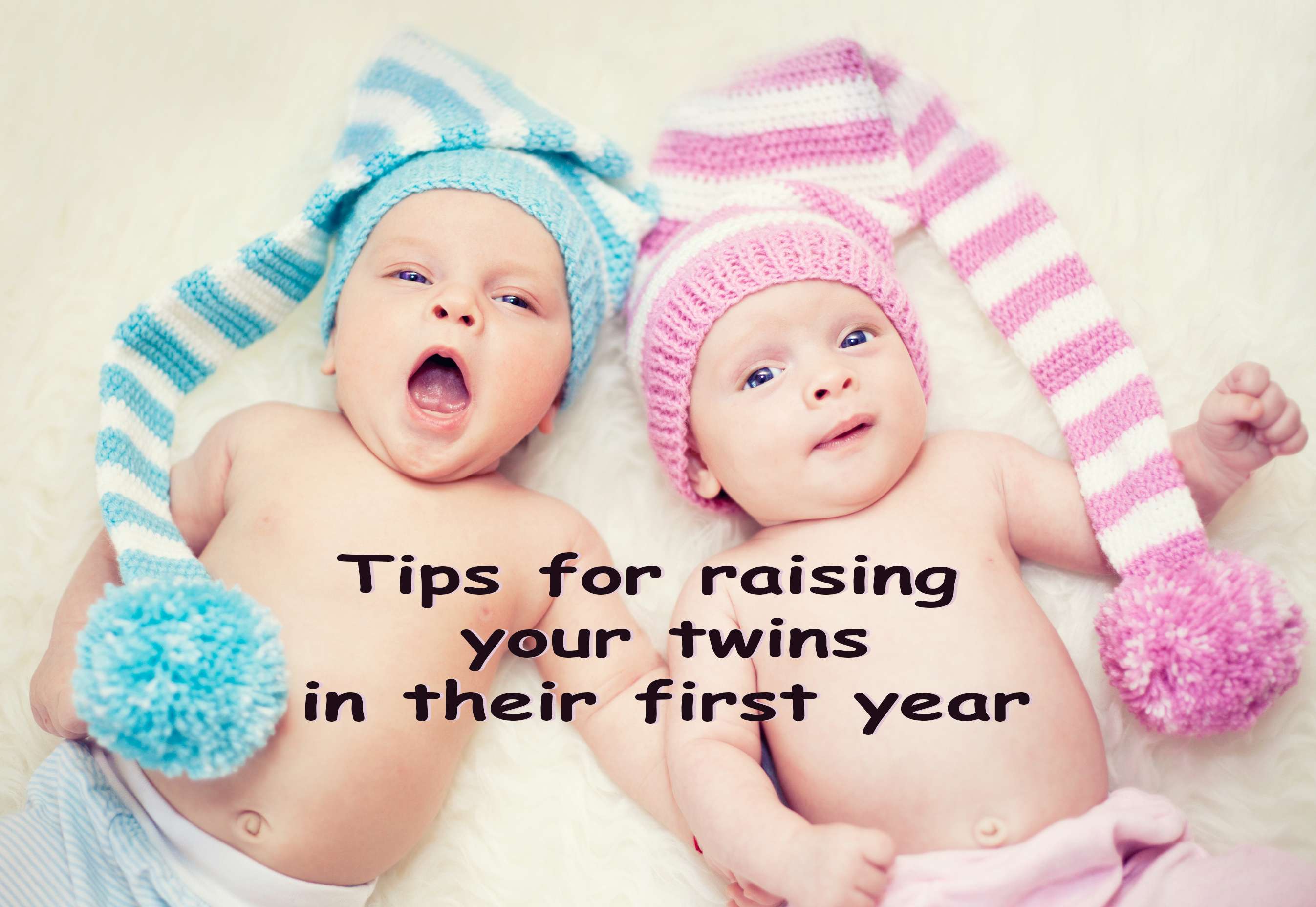While vaccines are one of our great success stories in modern medicine, saving millions of lives over the past several decades, they remain a topic of uncertainty for many parents. You are not alone if you have questions about vaccinations for your growing family. This article will guide you through the most up-to-date newborn-vaccination recommendations to help keep you and your newborn twins safe.
Highlights:
Newborns have a high risk for severe complications from vaccine-preventable illnesses.
All babies should receive the first hepatitis B vaccine within 24 hours of birth.
The CDC recommends COVID-19 vaccines for everyone ages six months and older, including people who are pregnant and breastfeeding.
Pregnant women should also receive a Tdap (whooping cough) and flu vaccine.
Family members and caregivers should be up-to-date with immunizations and boosters, including whooping cough and influenza vaccines.
Why are vaccines so important?
The simple answer – getting vaccinated is better than getting the disease. Those quick little pokes have saved many children from dying from diseases like meningitis, diarrheal infections, and many more. Since a newborn’s immune system is not fully developed, they are at an even higher risk for severe complications from vaccine-preventable illnesses.
Are vaccines effective?
Yes! Vaccines do an outstanding job. Many diseases affecting children have been reduced or eliminated thanks to vaccines. Most childhood vaccines are 90% to 99% effective in preventing disease, and if a vaccinated child gets the disease, the symptoms are less severe than the illness of a child who did not get the vaccine.
Are vaccines safe?
Millions of children safely receive vaccines each year. The most common side effects are pain or swelling at the injection site. Serious side effects from vaccines are rare. For every 1 million vaccine doses, 1 to 2 people may have a severe allergic reaction. Your doctor’s office is well-trained to treat any severe allergic reactions that may occur.
Why do vaccinations start at such a young age? Do I have to stick to the recommended vaccination schedule?
Changing the recommended vaccination schedule is not a good idea. The CDC’s recommended scheduling for each vaccine is based on age and factors like immune response and likelihood of exposure to the disease. There is no research to show if a child would be equally protected with a very different schedule.
Tips for vaccinating twins
Most new parents cringe at the idea of their newborn receiving their first shot, and this can be double as tough for parents of twins. Here are a few tips to help make the injection go as smoothly as possible:
Enlist some help: Having an extra pair of hands to help undress, dress, and comfort the babies after the injection can be incredibly helpful. If no one is available to help, ask if a staff member, such as a medical assistant, is available to help during the vaccinations.
Ask for something sweet. A sweet solution of sucrose or glucose (often called sweet-ease) a minute before the shot can help reduce your little one’s discomfort with the injection.
If you are breastfeeding, this can help soothe them after the vaccination. Have your helper hold them during the vaccination and get them dressed, so you can take them afterwards.
For triplets or more: Consider having them vaccinated at different times, especially if you do not have a helping hand.
Vaccines for newborns
Hepatitis B Vaccine
Brand Names: Engerix-B and Recombivax HB (3-dose vaccine series); Pediarix, Vaxelis (4-dose vaccine combination series)
Hepatitis B is a contagious liver disease caused by the hepatitis B virus. The vaccine is vital in your newborns because approximately 90% of infants who become infected with hepatitis B will become chronically infected (compared to only 2%–6% of adults). Chronic hepatitis B can lead to chronic hepatitis, liver cancer, and death.
All babies should get the first hepatitis B vaccine within 24 hours of birth. The hepatitis B vaccine may be given as a 3-dose vaccine series or as part of a 4-dose vaccine combination series (a vaccine that combines more than one vaccine into one shot). Both series start at birth and are completed by 6-18 months.
Some newborns will have a mild reaction, such as pain at the injection site or a rash. If you are concerned about symptoms, call your pediatrician for guidance. Here are a few tips for comforting your twins after the injection:
A cool, damp cloth can help reduce any redness and swelling at the injection site.
Some newborns will want to eat slightly less the 24 hours after getting a vaccine and may prefer smaller and more frequent feedings.
If a pregnant mother tests positive for hepatitis B, the babies will get their first shot of the hepatitis vaccine within 12 hours of birth and receive a hepatitis B immune globulin (HBIG) along with the vaccine to help prevent the disease.
What is the recommendation for the hepatitis B vaccine in premature babies? If your twins were premature and weighed less than 2000g at birth (about 4lbs., 6oz.), the American Academy of Pediatrics (AAP) recommends the hepatitis B vaccine be given at one month of age or when discharged home from the hospital (whichever comes first).
___________
Vaccines for family members and caregivers
Family members and other caregivers can protect newborns by staying up-to-date on all their vaccinations.
Whooping Cough Vaccine (DTaP for children and Tdap for preteens, teens, and adults)
Whooping cough can cause severe and life-threatening complications in babies, especially those under six months. About half of babies who get whooping cough will end up in the hospital, about 1 out of 4 will get pneumonia, and 1 out of 100 will die. Whooping cough is very contagious and is transmitted through respiratory droplets. The best way to protect newborns from whooping cough is to ensure pregnant women get a whooping cough shot (called Tdap vaccine) during each pregnancy between 27 and 36 weeks. It’s also crucial that siblings and anyone around the babies are up-to-date.
Influenza Vaccine
Influenza (commonly called the flu) can also cause severe complications like dehydration, pneumonia, and even death in babies less than six months. Because flu vaccines are not approved for use in children younger than six months old, protecting newborns from the flu is especially important. The CDC recommends that all pregnant women get the inactivated flu vaccine (the injection, not the live nasal flu vaccine). All caregivers and household members six months and older should also get the influenza vaccine.
COVID-19 Vaccine
We still have a lot to learn about the risks of COVID-19 in newborns; however, it appears most newborns who test positive for COVID-19 are asymptomatic or have only mild symptoms. The CDC recommends COVID-19 vaccines for everyone ages six months and older, including people who are pregnant and breastfeeding. Booster shots are approved for everyone five years of age and older.
Helpful resources for parents
To learn more about vaccine ingredients: What’s in Vaccines?
Centers for Disease Control and Prevention (CDC): Vaccines & Immunizations
American Academy of Pediatrics: Conversations About Vaccines
Adverse reactions should be reported to the Vaccine Adverse Event Reporting System (VAERS). Your health care provider will usually file this report, or you can do it yourself. Visit the VAERS website or call 1-800-822-7967. VAERS is only for reporting reactions, and VAERS staff do not give medical advice.
References
Kempe A, Saville AW, Albertin C, et al. Parental Hesitancy About Routine Childhood and Influenza Vaccinations: A National Survey. Pediatrics. 2020;146(1):e20193852. doi:10.1542/peds.2019-3852
Child and Adolescent Immunization Schedule. Centers for Disease Control and Prevention (CDC). https://www.cdc.gov/vaccines/schedules/hcp/imz/child-adolescent.html. Published 2022. Accessed September 3, 2022.
Hepatitis B Foundation: Hepatitis B Vaccine Schedules. Hepb.org. Published 2022. Accessed September 5, 2022.






